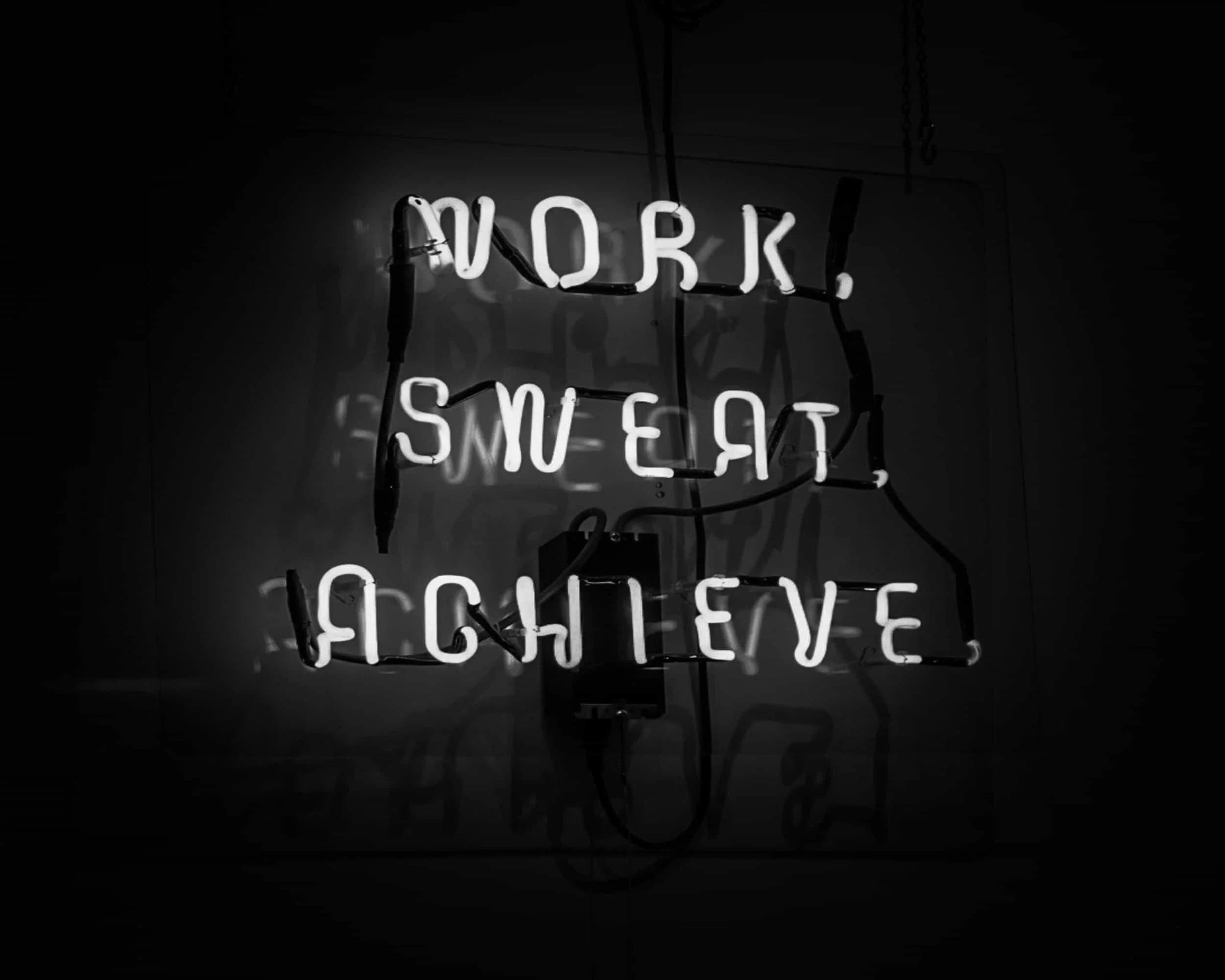The Hidden Pressure of Success: Managing Stress as a High Achiever
Photo by Dania Shaeeb on Unsplash
Striving for success is a good thing. Success often brings admiration, praise, and new opportunities. But behind it all lies a quieter, often unspoken reality: the intense pressure high achievers feel to keep performing, proving, and pushing. While the world may see confidence and capability, many high achievers live with chronic stress, perfectionism, and the fear that they’re never enough.
This hidden pressure can lead to burnout, strained relationships, anxiety, and a persistent sense of dissatisfaction. If you identify as a high achiever, or if others often describe you that way, it’s worth getting introspective. Take a closer look at how success-related stress may be affecting your mental health, and what you can do to take care of yourself without losing your edge.
Why High Achievers Struggle
At first, achieving the next milestone and reaching new highs feels invigorating. But over time, the drive to achieve can morph into a feeling of never doing enough. Common patterns include:
Holding yourself to unrealistically high standards and feeling like you’re failing despite doing well.
Questioning your competence, even in the face of success.
Taking on too much and feeling unable to say no, often at the expense of rest or relationships.
Viewing mistakes as personal flaws instead of growth opportunities.
Losing touch with what actually brings you joy or meaning outside of achievement.
If you’ve built your identity around performance, stepping back, even just slightly, can feel threatening. But stress doesn’t have to be the price you pay for success. Try these strategies to begin managing stress and building a more balanced approach to achievement.
Redefine Success for Yourself
Ask yourself: “What does success actually mean to me, beyond what others expect or admire?”
Make a list of what truly matters to you. Include things like quality of relationships, peace of mind, time for hobbies, physical health, or creative expression. Use these values to guide your decisions, not just metrics like titles, income, or recognition.
Start Noticing the “Always On” Mentality
High achievers often treat rest as something to earn. Instead, try seeing it as important maintenance for your mind and body. Pay attention to how often you think, “I’ll relax when this is done,” and how often that “done” never really comes.
Practicing regular breaks, even just 5–10 minutes, helps reset your nervous system and improves your focus.
Practice Saying No (or Not Now)
Overcommitment is a common source of burnout. Start small: decline one unnecessary meeting or delay one non-urgent task this week. Saying no doesn’t mean you’re lazy or unambitious. It lets you protect your time and energy.
Limit Comparison Traps
It’s easy to compare yourself to others on social media or in your field. But comparison usually leads to self-doubt. Whenever you catch yourself spiraling into comparison, pause and ask: “What do I actually want?” Then shift your attention to a small step in that direction.
Create “No-Achievement” Zones
Designate time in your week for activities where achievement is not the goal. That could mean walking without tracking steps, making art with no plans to post it online, or reading something purely for pleasure. These moments help reconnect you to joy and ease—two things often lost in a constant performance mindset.
Challenge Your Inner Critic
Notice the voice in your head that says things like “You should be doing more” or “That wasn’t good enough.” You don’t have to silence it completely, but you can choose not to follow it blindly. Try responding with a more balanced thought, like “I’ve done enough for today” or “Done is better than perfect.”
Getting Help
If you’re struggling to redefine yourself outside your achievements, it’s worth exploring with a therapist. Contact me today to discuss how I approach therapy for high-achieving women. We’ll help you clarify your values and imagine a life that includes joy, play, purpose, and connection outside your performance.

